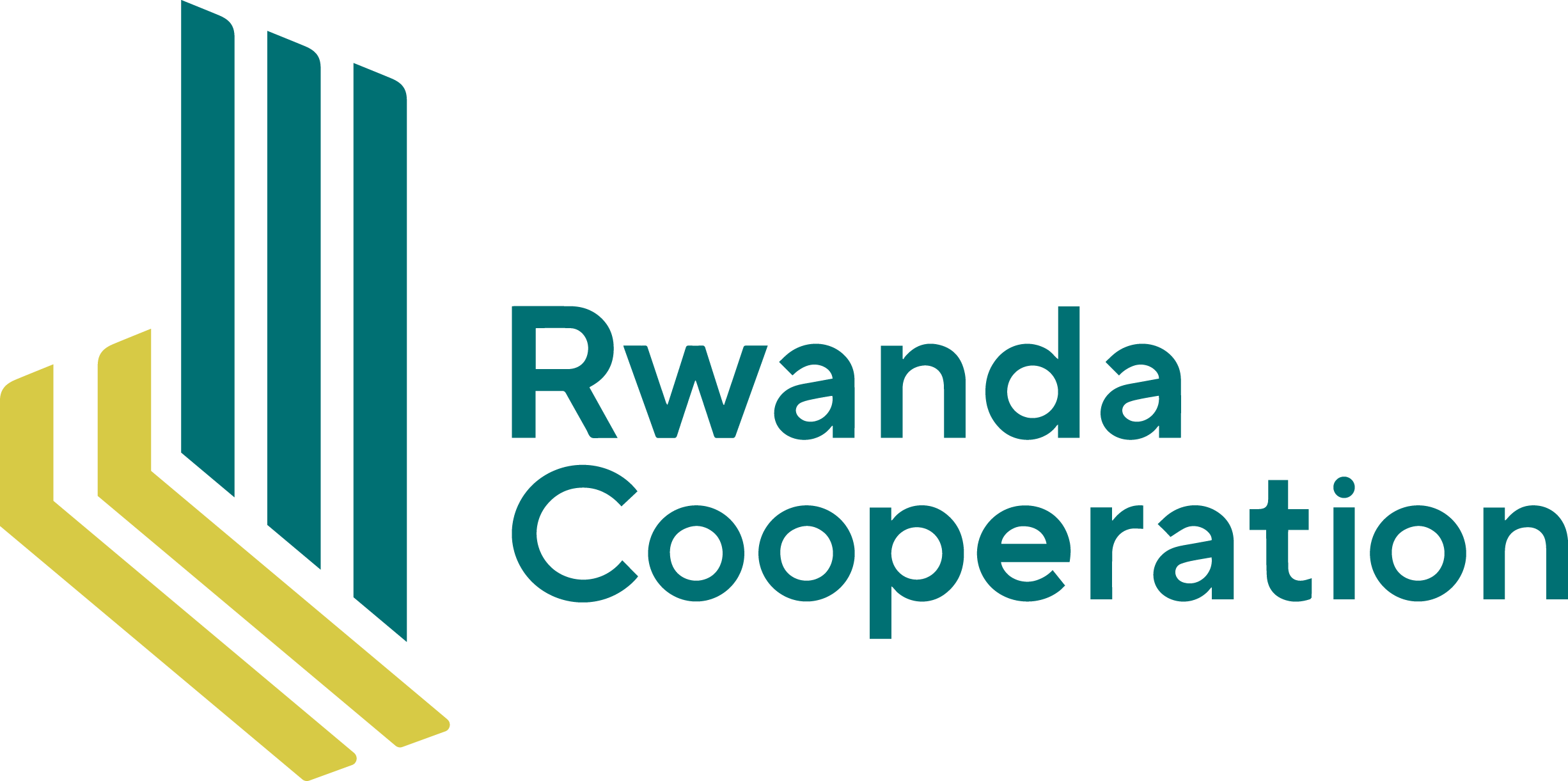2024
Bridging Knowledge and Practice: RCI and University of Rwanda Forge New Pathways for South-South Cooperation

In a dynamic effort to strengthen ties between academia and practice, Rwanda Cooperation Initiative (RCI) and the University of Rwanda (UR) convened a transformative dialogue at UR’s Huye Campus on December 13, 2024. This collaboration aimed to contribute toward addressing the existing gaps between theoretical knowledge and real-world application, particularly in the context of South-South and Triangular Cooperation (SSTC).
The discussions focused on operationalizing SSTC to enhance its relevance both in classrooms and boardrooms across Rwanda, ultimately bridging academic-practice gaps. Dr. Willy Mugenzi, Chief Operations Officer of RCI, underscored the importance of this synergy, emphasizing that “working collaboratively rather than in isolated silos creates meaningful and impactful outcomes for the people of Rwanda.”
Key Objectives of the Dialogue
Under the theme “South-South and Triangular Cooperation: Bridging Academic-Practice Gaps,” the talk aimed to achieve the following:
1. Promote Awareness of Rwanda Cooperation among UR faculty, students, and staff.
2. Integrate SSTC Concepts into Academic Curricula to foster shared growth and understanding.
3. Strengthen Collaboration Between RCI and UR through joint research projects, internships, and mentorship programs.
4. Enhance Global Visibility of RCI-UR initiatives, transitioning from isolated efforts to collaborative, win-win synergies.
Engaged Dialogue with Participants
The event brought together over 100 students and faculty members, sparking lively discussions on topics such as:
1. Expanding internship opportunities to address unemployment challenges.
2. RCI’s role in shaping the Rwanda Brand through SSTC initiatives.
3. Developing collaboration frameworks between RCI and UR, particularly with the Department of Political Science and International Relations.
4. Embedding SSTC principles into university curricula to align with the needs of emerging economies in the Global South.
Dr. Vedaste Ndizera, Deputy Dean of the School of Governance, Development and Society, highlighted the importance of revisiting UR’s curriculum to prioritize the inclusion of SSTC. He emphasized that bridging gaps between academia and institutions like RCI is critical to producing graduates who are not only employment-ready but also equipped to tackle Rwanda’s development challenges effectively.
Action-Oriented Recommendations
The meeting concluded with actionable recommendations to cement the partnership between RCI and UR:
1. Fast-track the Signing of a Memorandum of Understanding (MoU) to formalize collaboration and deepen SSTC integration through impactful projects.
2. Enhance Collaboration by offering internships, joint research opportunities, and knowledge-sharing initiatives.
3. Increase Student and Faculty Engagement with RCI to promote hands-on learning and foster deeper understanding of SSTC principles.
Dr. Willy Mugenzi reaffirmed RCI’s commitment to transforming these recommendations into tangible actions. “We are ready to strengthen our collaboration with UR, ensuring that SSTC is not just a concept but a lived reality that contributes to Rwanda’s development goals,” he said.
Looking Ahead: A Shared Vision for the Global South
This strategic partnership between RCI and UR is a testament to the power of South-South Cooperation in building resilient and informed societies. By aligning academic knowledge with practical implementation, Rwanda is paving the way for innovative solutions that resonate across the Global South.
The RCI-UR collaboration is more than a conversation—it is a call to action, a step towards equipping the next generation with the tools and knowledge to drive sustainable development and foster global partnerships.
The writer is a staff of the Rwanda Cooperation Initiative in the Training and Study Visit Department.
Published: December 30, 2024
By: Gisele Ishimwe
Share
